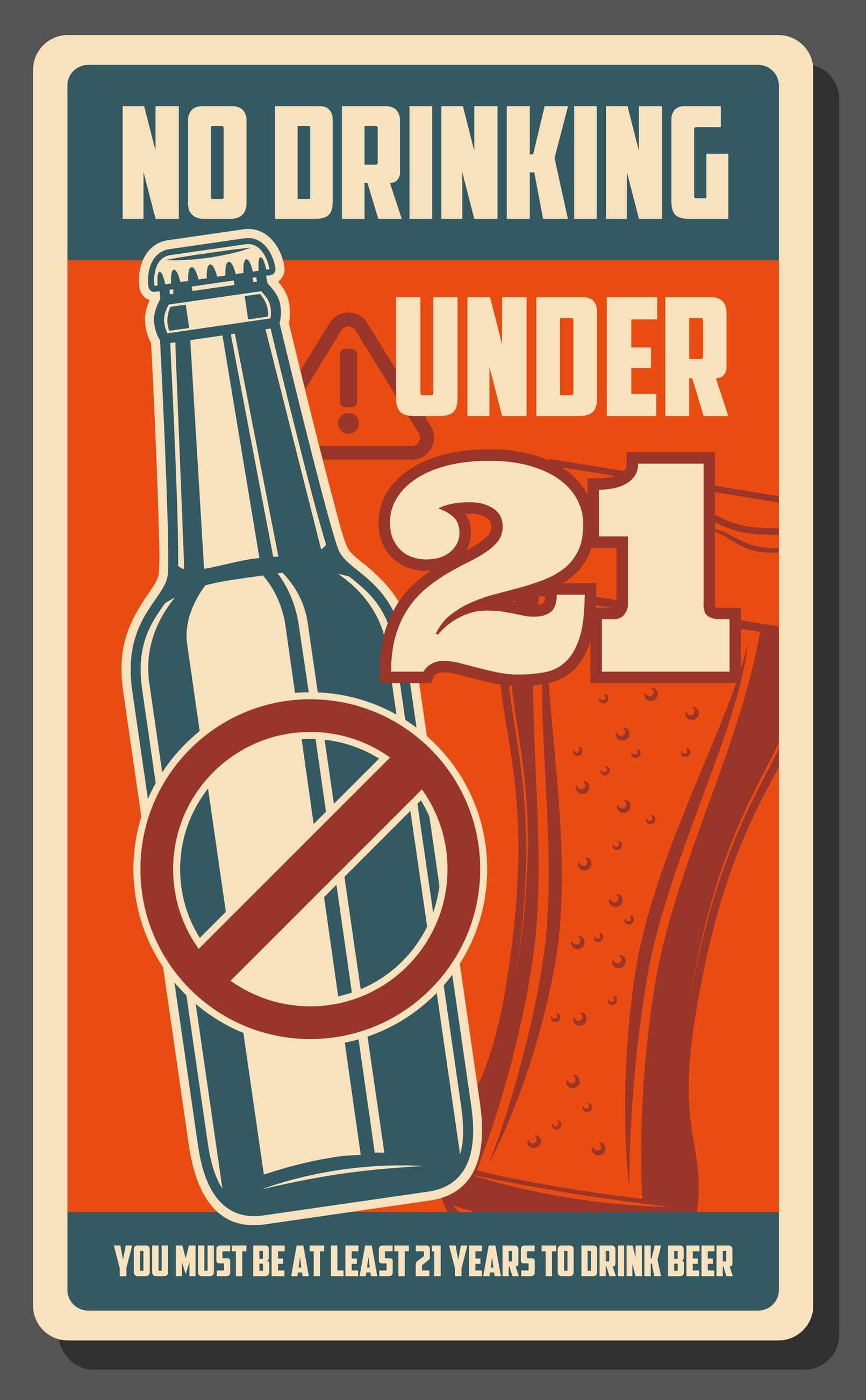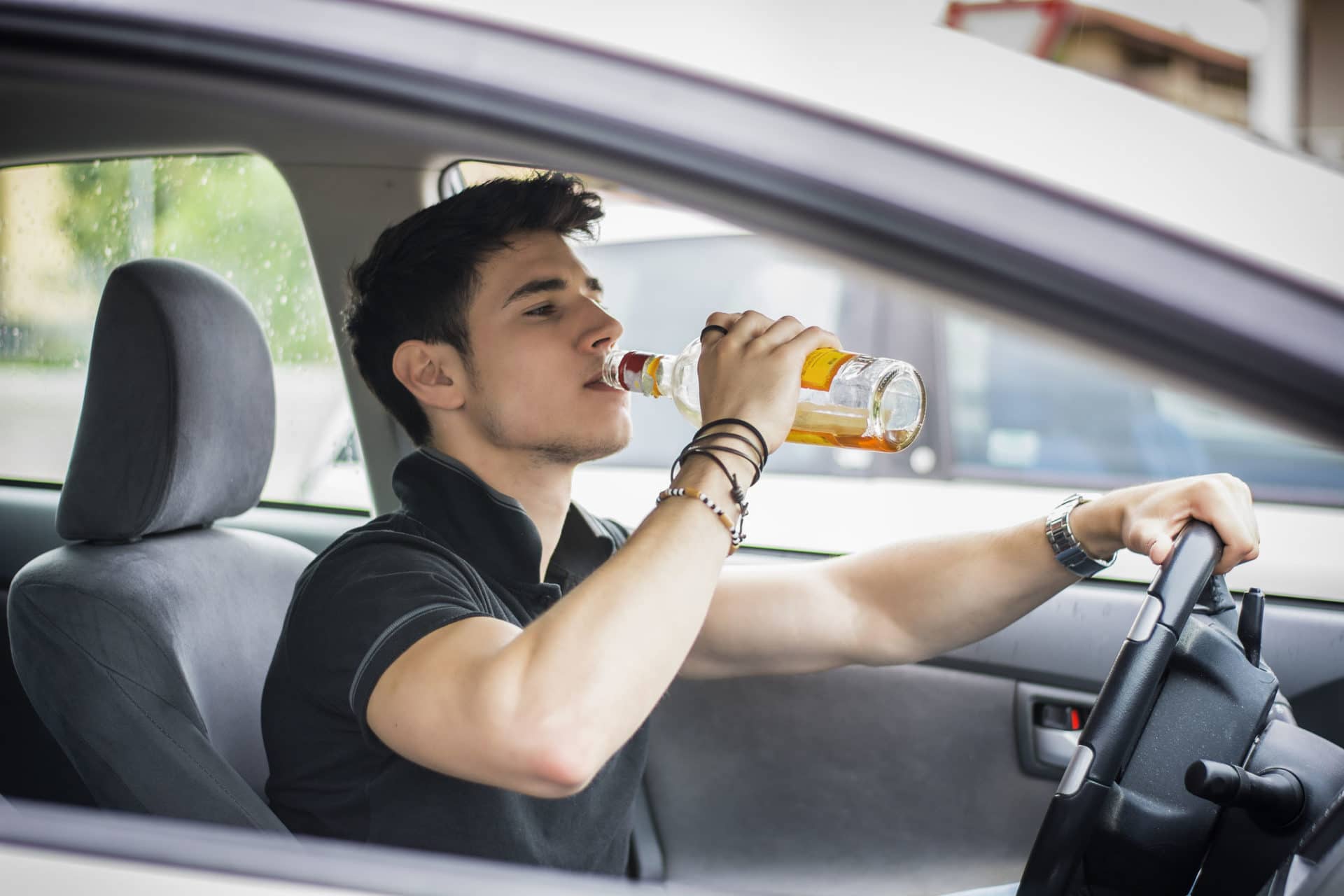What to Know If You Want to Let Your IL Child Drink over the Holidays
If drinking is part of your family’s holiday tradition, you might be tempted to let your teen partake in a small amount of alcohol.
This is okay – but only under certain circumstances. Therefore, if you’re going to allow your teen to drink over the holidays this year, it’s important to know what you can do, and what could result in criminal penalties for you, your teen, or both.
We’ve put together a guide covering Illinois law regarding underage drinking, including what’s allowed, what isn’t, and the consequences you and/or your child could face for underage drinking charges.
What You Are Allowed to Do in Illinois
As a general rule, underage drinking is illegal in Illinois and all other states. Minors are not allowed to consume or possess alcohol, and doing so is known as the crime of Minor in Possession (MIP).
However, there are two exceptions to this law in our state:
- Minors may consume alcohol in the privacy of a home when under the direct supervision and permission of a parent or guardian
- Minors may consume, possess, or dispense alcohol in the performance of a religious ceremony
This means that you can let your child enjoy a reasonable amount of your family’s “traditional eggnog” and that you need not be concerned about communion wine.
However, you cannot let your child drive for the rest of the day, as Illinois has a zero-tolerance policy for underage drinking and driving. This means that if your child is stopped, any blood alcohol content whatsoever will result in loss of driving privileges.
That’s just the beginning, though. There are many things that you (and your child) can’t do when it comes to underage drinking.
What You Are Not Allowed to Do in Illinois
If your child’s friend happens to be a guest at your holiday meal, you are not allowed to serve them alcohol unless their parent or guardian is present and gives permission.
In fact, facilitating underage drinking as an adult is a crime, and will have serious legal ramifications for you:
- Class A misdemeanor
- Class 4 felony if a minor leaves the property intoxicated or an alcohol-related related death occurs
Felonies are almost always punishable by jail time, and you can expect probation and hefty fines to accompany a misdemeanor-level conviction.
Illinois Underage Drinking Laws, Sentences, and Penalties

As we mentioned above, it is illegal for anyone under 21 to possess or consume alcohol. Minors who are caught possessing or consuming alcohol can be charged with Minor in Possession, which is a Class A misdemeanor punishable by:
- Up to one year in jail
- A fine up to $2,500
In addition, a judge can impose any of the following:
- Supervision
- Probation
- Conditional discharge
- Restitution
- Community service
- Work release
- Home detention
Any criminal record could hurt your child’s chance of getting into college and obtaining financial aid, and could also limit employment prospects.
Presenting Fake Identification to Obtain Alcohol in Ilinois
It is also illegal for a minor under the age of 21 to present fake identification to purchase alcohol, which is a common juvenile offense. If caught, minors will be charged with a Class A misdemeanor, punishable by:
- A fine not less than $500
- At least 25 hours of community service, usually to be performed at an alcohol abuse prevention program.
Zero Tolerance While Driving
We touched on this above, but Illinois has a zero-tolerance policy for underage drinking and driving.
This means that if your child is caught with even trace amounts of alcohol in his or her system, but is under the legal limit of 0.08% blood alcohol content (BAC), he or she will still lose driving privileges.
The penalties for a zero-tolerance while driving violation are:
- First offense: Three-month suspension of driving privileges
- Second offense: One-year suspension of driving privileges
Underage DUI in Illinois

If your child is caught driving with a BAC over the legal limit of 0.08%, he or she will be charged with an underage DUI. If the BAC is more than 0.05% and there is evidence of impairment, this will also result in a DUI charge.
An underage DUI conviction is punishable by the following:
- First conviction: Up to one year in jail and a fine up to $2,500 with minimum 2-year revocation of driver’s license
- Second conviction: Up to one year in jail and a fine up to $2,500, with revocation of driver’s license for at least five years, or until age 21, whichever is longest. This also carries a mandatory minimum jail sentence of five days or 240 hours of community service.
The takeaway?
It’s okay to let your teen enjoy a small amount of alcohol over the holidays, but only under certain circumstances. That’s what makes it so important to understand the laws surrounding underage drinking in Illinois.
About the Author:
Andrew M. Weisberg is a former felony prosecutor who now serves as a defense attorney in the greater Chicago area. He has extensive experience in handling all types of criminal cases, from sex offenses and domestic violence to retail theft-related crimes, murder, and drug crimes.







 Blog Home
Blog Home 










